The unprecedented significant ballistic missile attacks by Iran against Israel Tuesday represent a “significant escalation,” as National Security Advisor Jake Sullivan said in the moments after the attack.
Even though the attack was defeated with all missiles shot down, no deaths, and little damage to strategic facilities, there must be a direct response to Iran’s attack. The Ayatollah has long proclaimed, “the perpetual subject of Iran is the elimination of Israel from the region.” Today’s attacks show that Iran is not just supporting terrorist proxy groups such as Hezbollah and Hamas, but now directly, attacking Israel.
We don’t know how Israel will respond as a sovereign nation under attack. We do know that Israel will not allow such an unprecedented attack to go unanswered. Israel has a bevy of military options, such as targeting Iran’s nuclear infrastructure as well as Iranian oil facilities and refineries on Khark Island. But how Israel chooses to respond may be influenced by what the U.S. does to show that it will impose a price on Iran for this attack. One serious U.S. response would be to choke off Iran’s ability to fund future attack through tighter enforcement of oil sanctions on Iran.
Oil sales are critical for Iran, with exports representing up to 70% of the government’s revenues. Iran has been reaping windfall profits from near-record oil production this year, with production doubling from less than 2 million barrels per day in 2019 to nearly 4 million barrels per day now, and with oil exports increasing from practically zero to nearly 2 million barrels per day. This represents a $100 billion increase in revenues for use by the Ayatollah to attack Israel and jeopardize U.S. national security. Iran has been able to export near-record amounts of oil despite technically remaining under U.S. sanctions—as the Biden Administration has failed to enforce the Iranian oil sanctions with the same effect as its predecessors.
It can be done: Iranian oil sanctions have been demonstrated to work well before. During the Trump Administration, under the leadership of Abraham Accords architect Jared Kushner and Iran Special Envoy Brian Hook, a heightened focus on U.S. government enforcement reduced the volume of Iranian oil exports by 95%, from 2.5 million barrels a day in 2018 to a low of 70,000 barrels a day in 2020, reducing Iranian oil revenues by $50 billion.
Clearly, the lack of tight enforcement of oil sanctions reflects a lack of political will, not a lack of technical enforcement ability. The Biden Administration could easily tighten the screws once again by returning to the pre-2021 approach, of having teams from across the federal government tracking every illicit Iranian oil transfer and working with European allies to seize countless Iran oil tankers, with even senior State Department officials directly, personally emailing ship captains.
The Biden Administration has long feared that enforcing Iranian oil sanctions more stringently will drive up global oil prices. But this fear does not represent the reality of global oil market dynamics. First, Iran represents a tiny fraction of Middle East oil production—only around 12.5% of regional production and nearly four times smaller than Saudi Arabia’s. Second, oil prices actually went down from 2018 to 2019 with supply increasing, as U.S. enforcement of Iranian oil sanctions tightened, partially because the Gulf countries, which similarly believe Iran is a threat to regional peace, offset the loss of Iranian oil by increasing their own production. With record “spare capacity” sitting on the sidelines, including Saudi pumping a third less oil than it did during the Trump era, Iranian oil production can easily be replaced once again.
For too long, too many policymakers have favored appeasement of Iran, tolerating Iran’s murderous terrorism. But the reality is that while Iran has rarely won a war, it tends to win at the diplomatic negotiating table. Constructive backchanneling with Iran has failed, and it is past time to cut the spigots of windfall oil revenues funding Iran’s military attacks on Israel. The US must move to re-enforce Iranian oil sanctions more stringently once again.

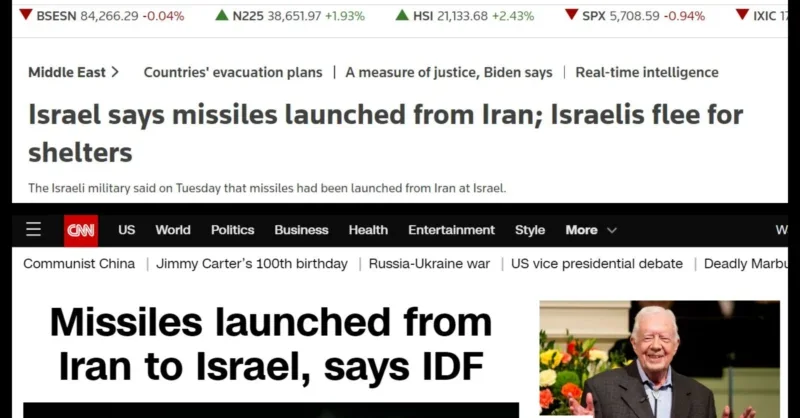
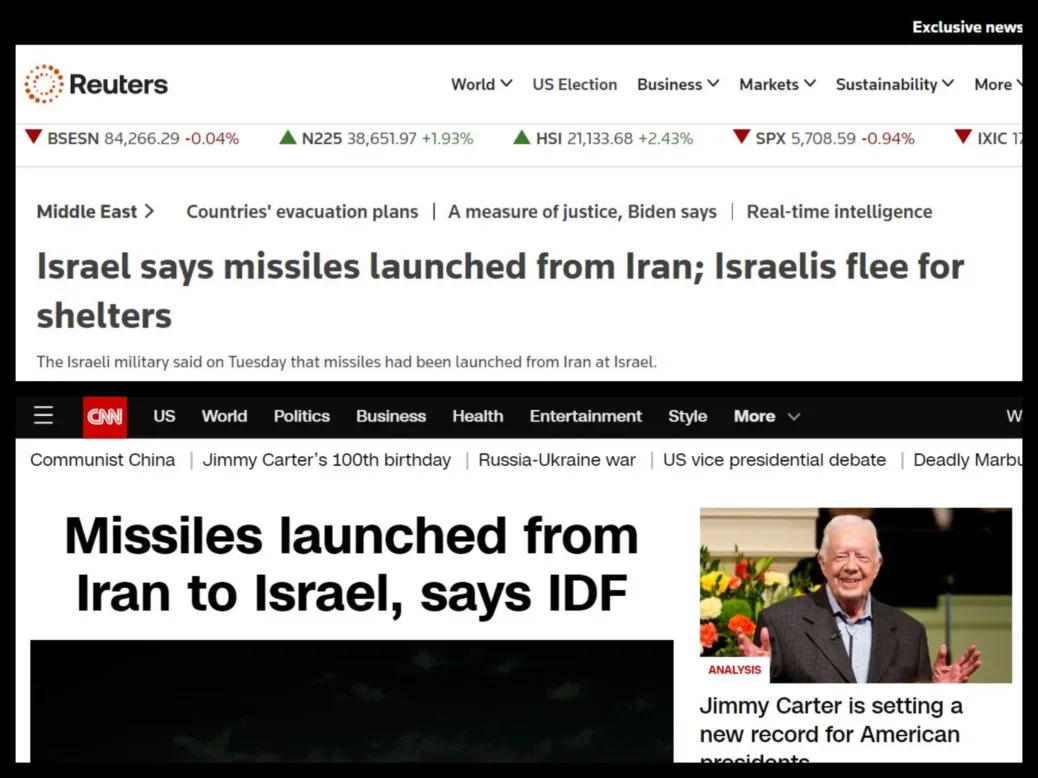


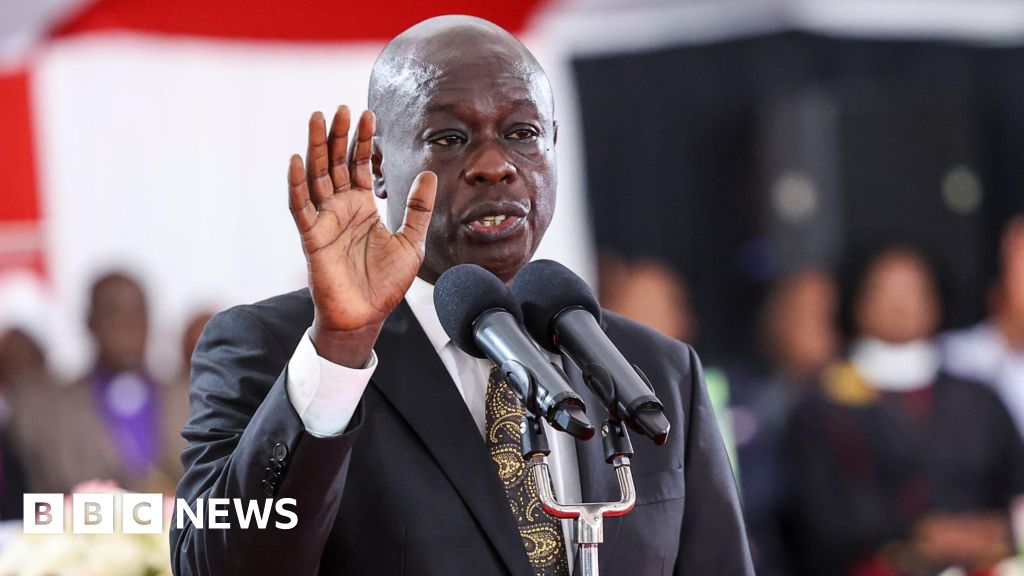

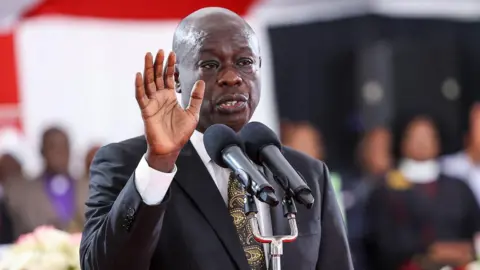
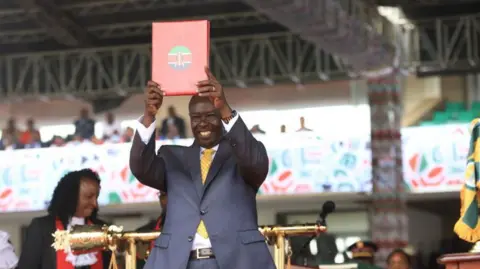
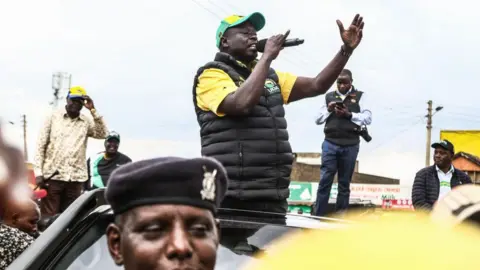



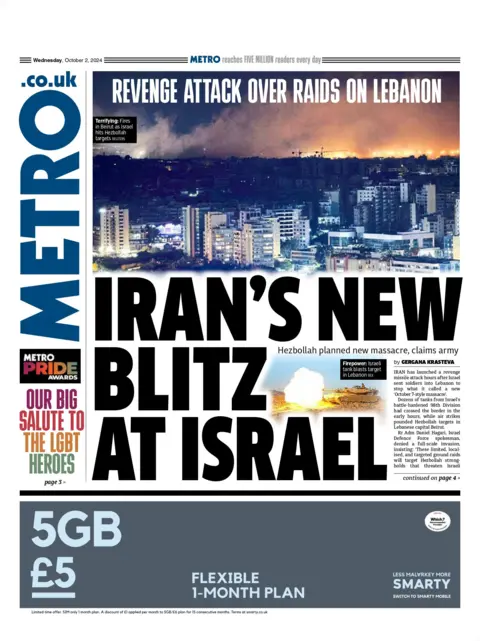
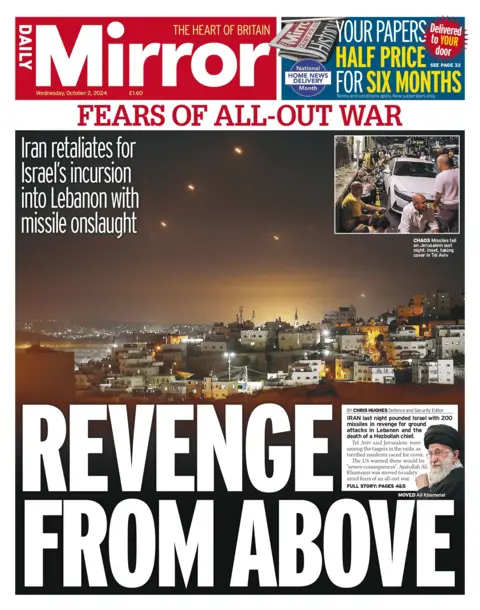


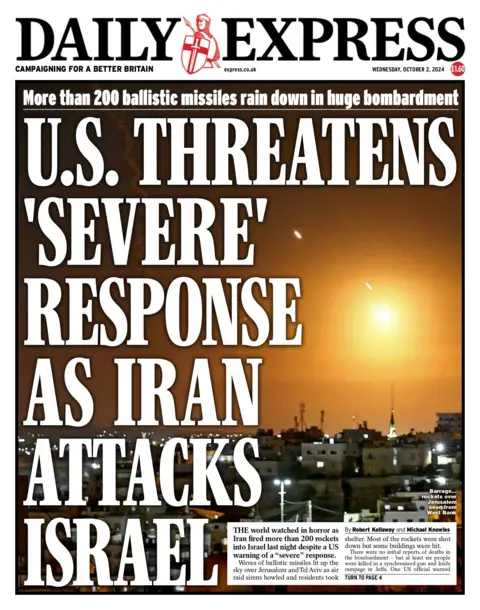
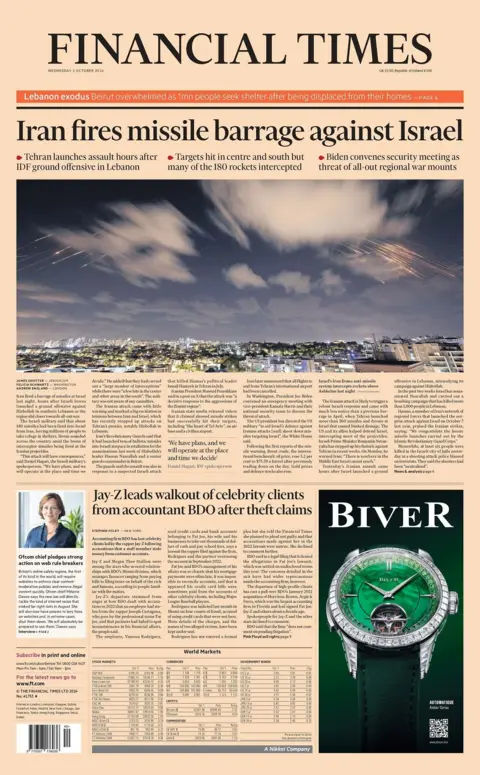
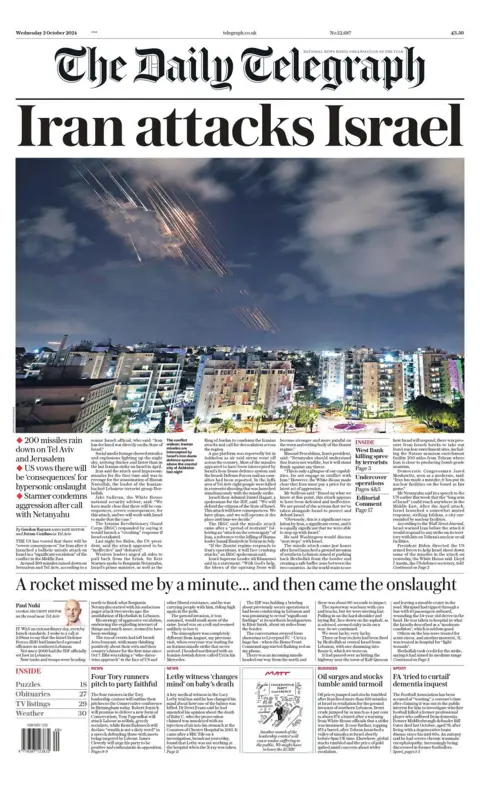
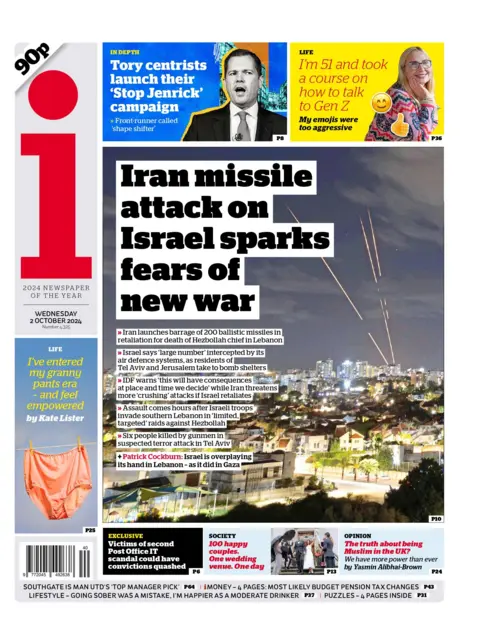




































































































































You must be logged in to post a comment Login